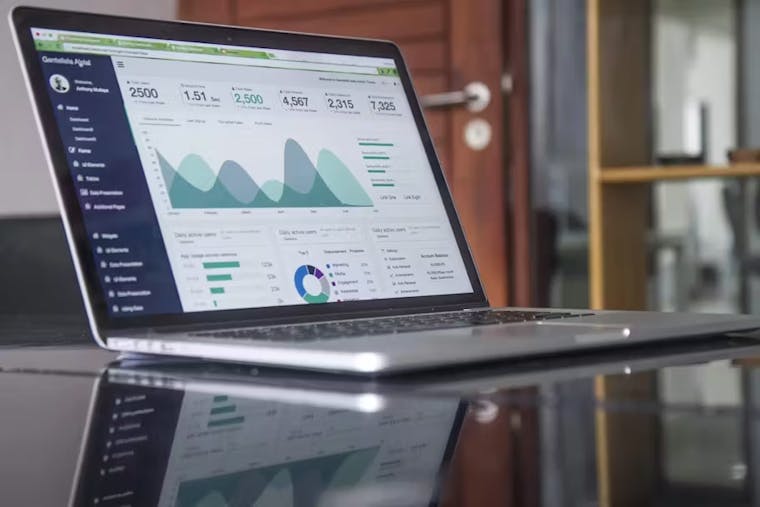B2B communication in China – the challenge
For companies that conduct international communication centrally or decentrally, it is important to consider country- and/or region-specific aspects. This is especially true for communication in China. Anyone who develops content as an “advertiser” here in Europe, for example for formats like press materials, websites or social media channels such as WeChat, needs to be familiar with Chinese advertising law in order to minimise liability risk. Formulations that are common and seemingly harmless to us may well lead to severe penalties and, in the worst case, a blocking of the website.

Marketing in China
- High complexity of requirements in marketing and communication
- Implementation of the directives in compliance with the law
- Continuous auditing of text and images for critical content
Risks due to the Chinese Advertising Law
The “Chinese Advertisement Law”, last revised on 1 September 2015, aims to strengthen consumer protection and curb misleading and false advertising.
In addition to specific provisions on required or prohibited texts and images, the law also lists very specific words and expressions that are not allowed. Superlatives such as “most powerful”, “most efficient” are a straightforward example of this and are not permitted. The same applies to statements such as “world-class”, “Top 1” or “world market leader”. Other danger zones are what could be considered false advertising promises and statements regarding patents.

Optimising your presence and communications in China
With all this in mind, for successful marketing in China, it is absolutely necessary to regularly check your content creation and raise the awareness of everyone involved – have all copywriters been briefed in detail, have all promotional and advertising texts been explicitly checked for compliance with the most recent guidelines? We also recommend cyclical website audits to review texts for potentially sensitive terms or phrasing. Especially companies that communicate centrally and update technical content in texts, for example, can easily lose sight of these conditions and guidelines. The Chinese Advertising Law also regulates the images, motifs and elements that are not to be used.
When addressing your target groups in China, would you like to take into account even more specific legal and cultural requirements for the Chinese market?
Together with our local partner, we will support you with your communications in China in accordance with the most up-to-date rules. Since 2018, we have been active for our clients in this increasingly important world market on an interdisciplinary basis for communication channels such as PR, media, trade fairs and social media.
Embark on your market entry in Asia with us now
Let us know what your question and objectives are. We will be happy to help you prepare for a first meeting.







